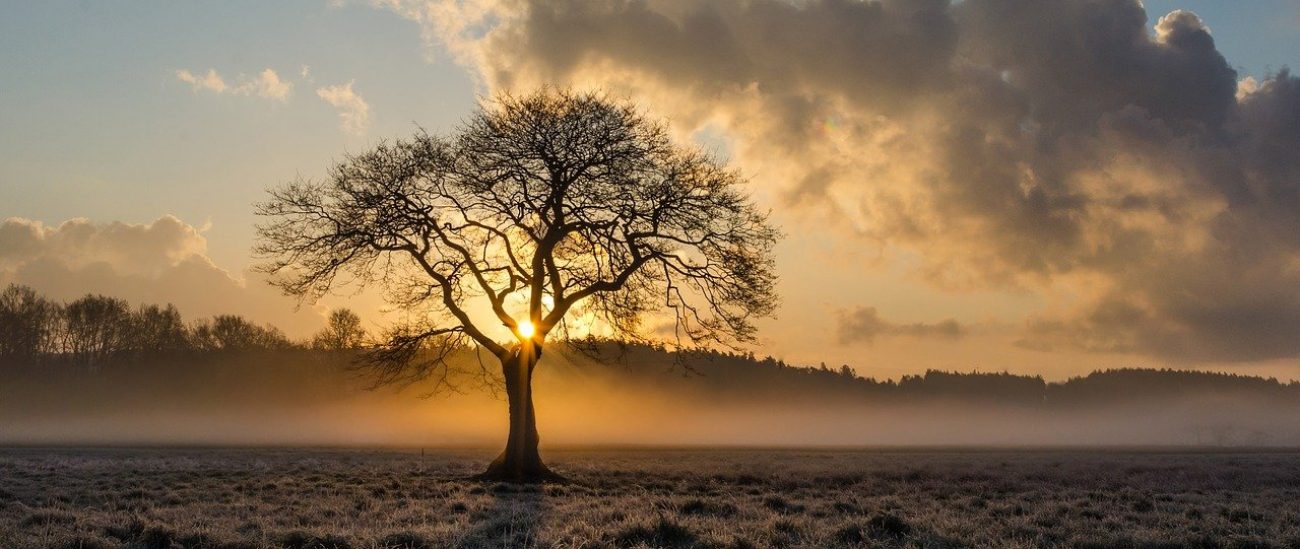In an ideal world, everyone lives happily in peace, kindness, and harmony. However, to attain perfect harmony we have challenges:
Religion;
Culture;
Age;
Progress;
Politics;
Population;
History
This article will briefly touch on each sub-heading.
Religion
Most of our “enlightened” masses follow a tradition which guides them in many aspects of life (and the afterlife). These beliefs (naturally) cause conflict with people who do not follow that religion or scripture.
In some cases, the guidance that followers receive include a non-acceptance of other beliefs, to the extent that harmony is not possible between groups.
Culture
Cultures have visible and hidden elements.
Visible elements include language, colour, dress, and traditions.
Invisible elements include values and theories.
Culture is a huge part of any society and determines how people react and interact within and outside their group. It can affect the hierarchy of each family member within a household; it can affect the hierarchy of each family within a community; and it can affect the hierarchy of that community within a society.
Age
Our values and culture are changing with the advent of the “global community,” which has affected the way we access information and with whom we interact.
Age has become a barrier between our youth and our aging population. Many subjects which would have been taboo in previous generations are now opening and are discussed by the younger generation – no matter which society they belong to.
New cultural values are being built by our new reformed groups and, slowly but surely, the older generations are joining the party. We would hope.
Progress
As circumstances change and Earth becomes more of a global community, society needs to change. The world cannot change technologically if we are stuck in the stone ages in other ways.
One of the examples that springs to mind are the many so-called “stone age diets” that are doing the rounds. People in the stone age ate that way because that was what they had access to. In the new world we have the perfect opportunity to adapt to our new environment and use what is available to us now.
Politics
The definition of a democracy is: a system of government by the whole population or all the eligible members of a state, typically through elected representatives.
“Ay, there’s the rub”. William Shakespeare.
A democracy may have worked back in the day when there was no diversity within the voting district. As soon as we have a minority within that district, the essence of “fair play” goes out the window, because the majority have the “right” to make all the decisions.
Politicians follow the party line in most instances and any decisions they make are not their own. In modern politics, many countries have two major parties (one in some instances); any decisions / laws that are made are made to procure voters or to oppose the opposition party, depending on which one fits.
Population
Earth is shrinking. The number of people on our planet is increasing at an unsustainable rate.
The current world population is 7.8 billion and is set to reach 10 billion in 2055.
Our values and traditions must change, to adapt to an overcrowded world. We cannot rigidly stick to our old ways in a new environment.
History
We are told that history was written by the victors. That means a bunch of people haven’t had their story told. A bunch of people are still waiting to have the story that has been told validated. And yet another bunch of people are waiting for reparations for their story.
That means lots of bunches of people are unhappy.
The conclusion?
Earthlings will never be in complete harmony, unless the days comes when everyone believes the same things, have one universal culture, don’t care about age, are united in progress and vote for the same party.
It sounds impossible, but we can take one large step forward to world peace and harmony if we:
Sit still for a minute and just listen to someone else’s viewpoint
Accept that everyone is different
Don’t wear blinkers – learn everything you can about other cultures and beliefs
Accept that not everything fits in the box
Acknowledge the past, but move forward into the future
Make a happy family, not a big family.
Author’s note: The subjects are so much bigger than this article. At some stage I will try to cover each one more thoroughly.





